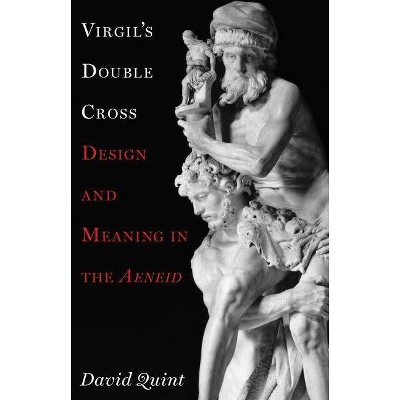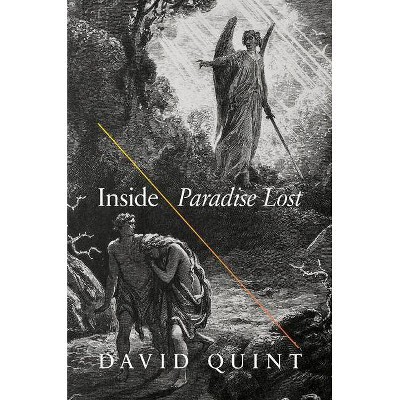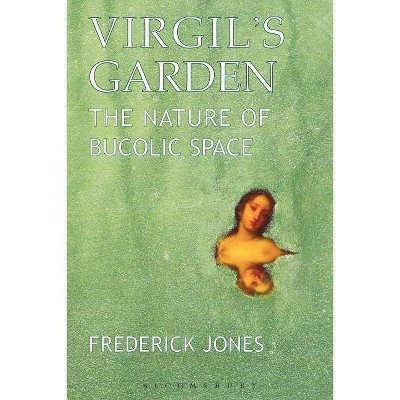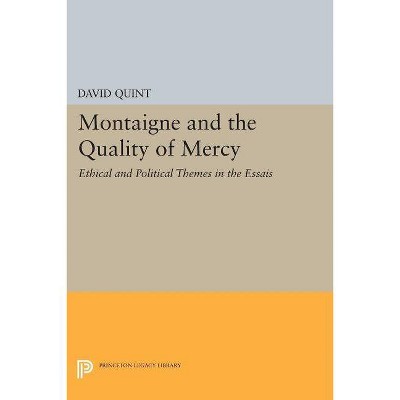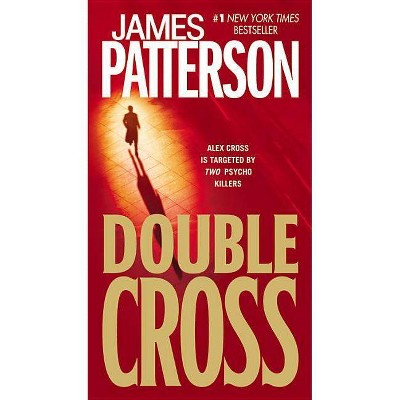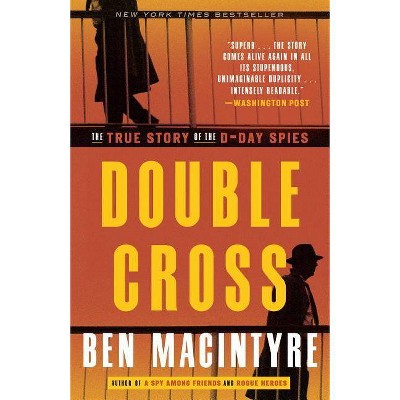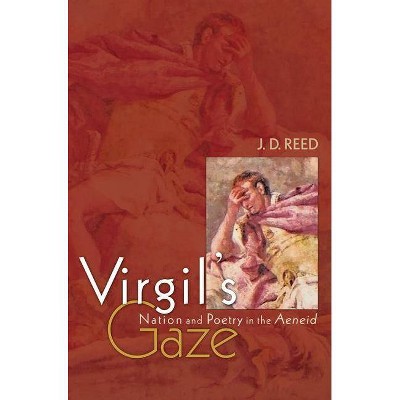Virgil's Double Cross - by David Quint (Paperback)

Similar Products
Products of same category from the store
AllProduct info
<p/><br></br><p><b> Book Synopsis </b></p></br></br><p>The message of Virgil's <i>Aeneid</i> once seemed straightforward enough: the epic poem returned to Aeneas and the mythical beginnings of Rome in order to celebrate the city's present world power and to praise its new master, Augustus Caesar. Things changed when late twentieth-century readers saw the ancient poem expressing their own misgivings about empire and one-man rule. In this timely book, David Quint depicts a Virgil who consciously builds contradiction into the <i>Aeneid</i>. The literary trope of chiasmus, reversing and collapsing distinctions, returns as an organizing signature in Virgil's writing: a double cross for the reader inside the <i>Aeneid</i>'s story of nation, empire, and Caesarism. <p/>Uncovering verbal designs and allusions, layers of artfulness and connections to Roman history, Quint's accessible readings of the poem's famous episodes--the fall of Troy, the story of Dido, the trip to the Underworld, and the troubling killing of Turnus--disclose unsustainable distinctions between foreign war/civil war, Greek/Roman, enemy/lover, nature/culture, and victor/victim. The poem's form, Quint shows, imparts meanings it will not say directly. The <i>Aeneid</i>'s life-and-death issues--about how power represents itself in grand narratives, about the experience of the defeated and displaced, and about the ironies and revenges of history--resonate deeply in the twenty-first century. <p/>This new account of Virgil's masterpiece reveals how the <i>Aeneid </i>conveys an ambivalence and complexity that speak to past and present.</p><p/><br></br><p><b> From the Back Cover </b></p></br></br><p>"In this major study, Quint applies his critical scalpel to the dissection of Virgil's use, small-scale and large-scale, of the figure of chiasmus, in order to show how features of doubling and reversal shape the historical and ideological work performed by the <i>Aeneid</i>. The result is a masterful demonstration of the inseparability of form and meaning."<b>--Philip Hardie, Trinity College, University of Cambridge</b></p><p> "This is a powerful book, rigorous in its close reading and groundbreaking in its argument. With masterful insight Quint pushes the parallel reversals in the Aeneid further than any other living critic. Accessible to students and advanced scholars alike, this bookreadable, brisk, and elegantwill become a new classic. "<b>Michèle Lowrie, University of Chicago</b></p><p> "One of the best books on Virgil, Virgil's Double Cross is important for the quality of its close readings and for its well-defined approach. This sophisticated and deeply learned book encourages readers to engage with its arguments and the text of the Aeneid."<b>Alessandro Barchiesi, New York University</b></p><p/><br></br><p><b> Review Quotes </b></p></br></br><br>This is a superb book and rightfully belongs on the shelf of any serious Virgilian scholar. Every chapter offers something new, and it has enriched my understanding of the poem immensely.<b>---Matthew P. Loar, <i>Classical Journal</i></b><br><br>[David Quint's] book manages to be both challenging and accessible: there is much here to extend and enlighten study of the Aeneid at any level, and at an admirably affordable price.-- "Classics for All"<br><p/><br></br><p><b> About the Author </b></p></br></br><b>David Quint</b> is Sterling Professor of Comparative Literature at Yale University. His many books include <i>Epic and Empire</i> and<i> Inside Paradise Lost</i> (both Princeton).
Price History
Price Archive shows prices from various stores, lets you see history and find the cheapest. There is no actual sale on the website. For all support, inquiry and suggestion messagescommunication@pricearchive.us
